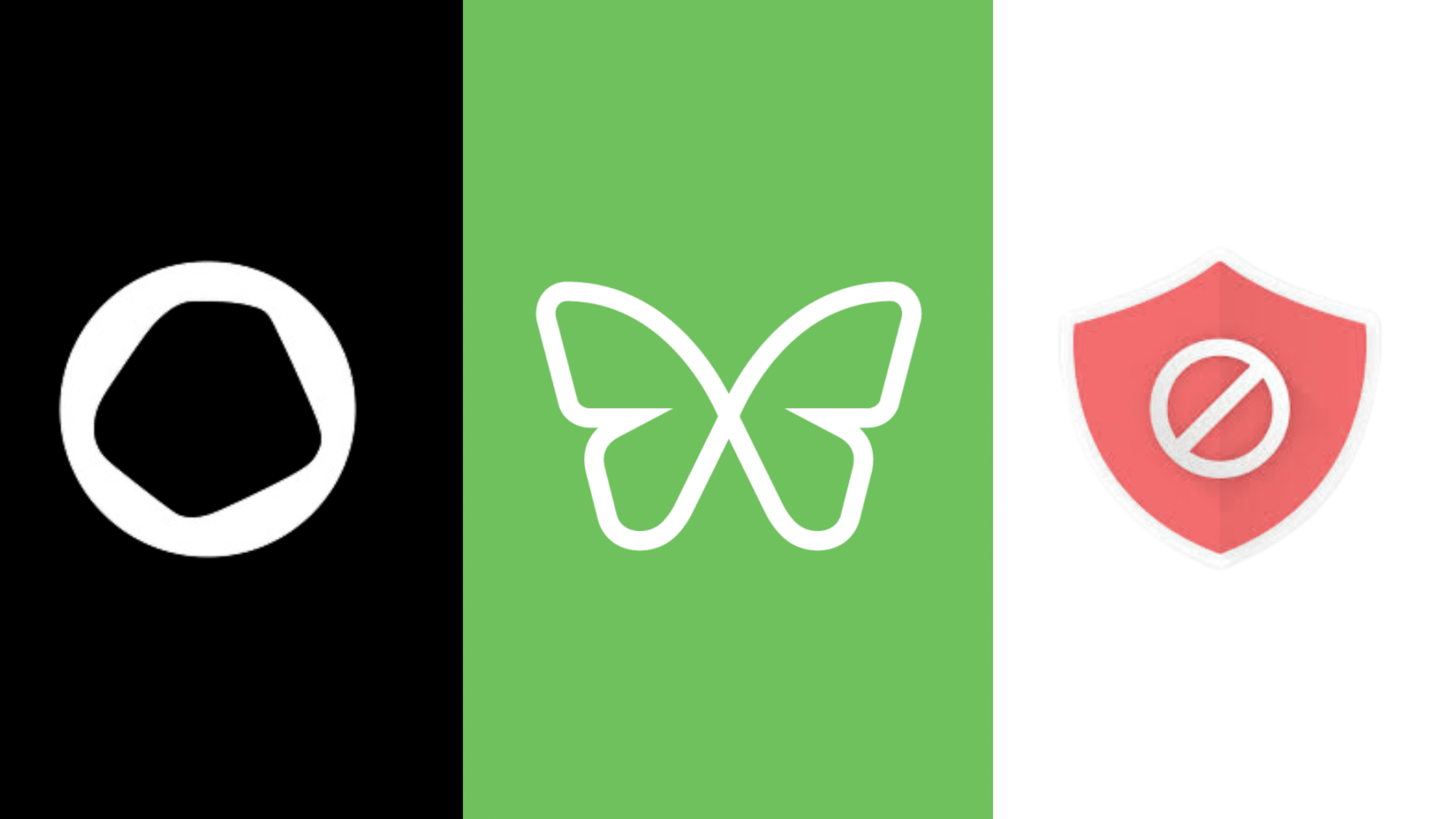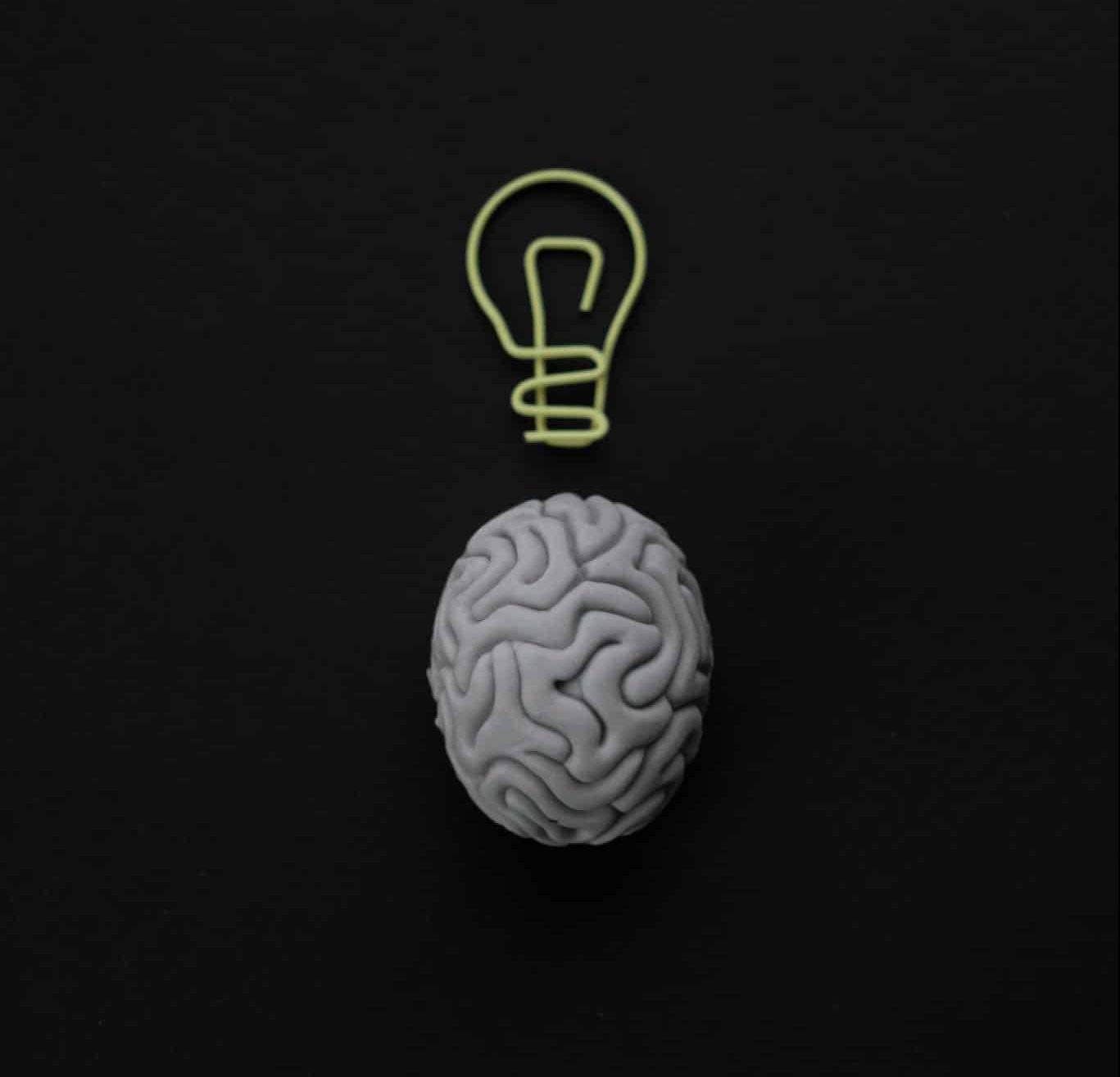Build a Productive & Focused Life with a Meditation Practice

Meditation can have a positive effect on every aspect of your life – including increased productivity
Decades ago, the words “productivity” and “meditation” would never appear in the same sentence.
Nowadays, the tide has turned. High-performers across all industries and fields—scientists, athletes, business leaders, digital workers, you name them—have found meditation a powerful tool for enhancing their personal and professional lives.
Even tech has joined the trend; apps such as Calm, Headspace, and Zen offer guided meditations that soothe the mind, calm the body, and—surprise—boost your productivity.
High-performers across all industries and fields have found meditation a powerful tool for enhancing their personal and professional lives.
What is Meditation?
Meditation isn’t just about sitting with eyes closed and legs crossed on a beautiful rock next to the ocean.
It’s about being present and alive in the moment, and being conscious of your thoughts without pronouncing judgment on them.
By allowing yourself to be still and simply be, you’ll enjoy the manifold benefits of meditation such as:
- Reduced stress
- Enhanced creativity
- A calm mind
- Improved self-awareness
- Improved focus
And of course, increased productivity. But how?

How meditation helps you to build a productive, focused life
What comes to mind when you think about “meditation”? It doesn’t quite sound like a productivity tool, doesn’t it?
I’m guessing you wouldn’t be thinking of how it strengthens your prefrontal cortex, that part of the brain responsible for executive functions such as focus, decision making, judgment, and planning. The science of meditation is fascinating and explains just how meditation leads to greater productivity.
The correlation between meditation and increased gray matter in the prefrontal cortex means that the more you meditate, the more effortlessly neurons in your mind fire, increasing your performance and making you more able to overcome your inner resistance towards doing the right things.
The correlation between meditation and increased gray matter in the prefrontal cortex means that the more you meditate, the more effortlessly neurons in your mind fire, increasing your performance.
Here are just a few ways regular meditation impacts your productivity:
Focus: Studies show that meditators enjoy a heightened ability to focus. Through regular meditation, you learn to silence inner distractions and focus on just one thing at a time. Along with the new growth in the prefrontal cortex, you’ll find it increasingly easier to stay intensely focused on your tasks for longer periods of time.
We all know the internet is highly distracting. As research has shown, our productivity levels suffer from our inability to focus (we’re talking about a digital distraction every 40 seconds, according to a Microsoft study). Lack of mental rest breaks down concentration—yet another reason to take a step back from the screen, close your eyes, and focus on your breath for a few minutes.
Decision-Making: Because meditation trains you to be aware of your own thoughts, emotions, and actions as you experience them, you learn to make deliberate decisions and act with intent. Much of why we procrastinate is due to our inability to kick emotions and urges out of the driver’s seat when it comes to decision-making. Learning to make better decisions gives you control over your work, instead of having to constantly fight your inner distractions/urges just to get the job done.
Lower Stress Levels: Stress zaps energy and focus. We feel like we always have to be doing sometimes—forgetting that being bored, slowing down, and simply being is just as important as working. Stress encourages poor decision-making and impairs our working memory. Cortisol, the stress hormone, is reduced as we meditate; not surprisingly, meditation also boosts immune system functions, allowing our minds and bodies to work at their best.
Self-Discipline: Having more control over your own thoughts, words, and actions is crucial to productivity in the workplace—and really, in becoming the best version of yourself you could possibly be. Meditation techniques train you to override internal chatter (such as excuses and unrealistic fears), making it easier to stay on track. This acquired ability also happens on a neurological level; as your prefrontal cortex (which is in charge of willpower and self-discipline) is strengthened by regular mediation, you’ll find it easier to be more disciplined.
Procrastination: Why do we procrastinate? The biggest reason might be because our minds seek the path of least resistance, and so wander away from the task at hand when it gets frustrating, complex, or just plain hard. As you meditate, your ability to limit mind wandering, focus on the one task before you, and make better decisions improves, making you more focused and productive.

Meditation for productivity
Making meditative activity a consistent part of your life can seem intimidating. It might help to remember that training the mind doesn’t mean controlling the mind.
While productivity is all about getting somewhere, meditation at work is about being aware of the moment, taking a deep breath, and calmly observing what’s going on in our minds without forcing ourselves to think of certain things in certain ways.
While productivity is all about getting somewhere, meditating at work is about being aware of the moment.
Here are some ideas to fire up your brain and get you started on your meditation journey:
- Take a minute out of your day to simply focus on your breath: Close your eyes and inhale deeply, paying attention to the air filling your lungs. Slowly exhale, then repeat. If you have more than a minute, try the “box breathing” method used by Navy Seals to prime their minds and bodies for focused, sustained effort. The breathing should be natural and effortless, not forced.
- Try a meditation app: The ones we like, such as Headspace, Calm, and Zen, have short guided meditations. Insight Timer has an amazing course on how to meditate for those brand-new to the practice. Guided meditations have been shown to offer users “a state of concentrated calm or serene attention.”
- Practice “Noting”: As you meditate, your mind would eventually wander off. When you notice that happening, calmly note the distraction, as if from a distance. Creating space between the arising emotion or thought helps your brain let go of distraction and gently return to what it was focusing on.
Start small, and build meditation sessions into your life using micro habits to build sustainable routines.
As you meditate, remember to relax your body, keep your mind cool, and breathe deeply. It takes time to rewire a brain, so give yourself time, and focus on making meditation a core part of your daily routine.

“Productive Meditation” – How it works and how you can try it
Productive Meditation is an exercise developed by Cal Newport that involves taking a period in which you’re physically occupied (but not mentally)—whether you’re walking, jogging, driving, showering—and focusing your attention on a single, well-defined professional problem with the aim to solve the problem by the end of said physical activity.
These contemplative sessions can be done whenever you find yourself doing something on autopilot. Find a specific problem or puzzle to think through, and focus on just that one problem (and possible solutions) throughout the entire activity. Depending on your industry, this may be outlining an article, sharpening a business strategy, or brainstorming a blueprint for a client’s building project. It’s that simple!
But does it work? Newport has used this method of meditation to work out chapter outlines of one of his books. Anthony Butler, the author of Primal Storytelling, says this method has helped him plan out blog posts. And I worked out the final outline of this article on a morning’s walk with my dog.
Productive Meditation is an exercise developed by Cal Newport that involves taking a period in which you’re physically occupied (but not mentally) and focusing your attention on a single, well-defined professional problem.
Cal Newport offers the following warnings in his book “Deep Work”:
- Be wary of distractions and looping: Distractions are thoughts or problems that come to mind not directly related to what you’ve chosen to focus on. Looping is going over what you’ve already figured out, instead of thinking deeper and broader about your problem. Both require a short pause, a calm “noting” (see above), and a step back into what is on the agenda for the current moment.
- Structure your deep thinking: Don’t go into your contemplative session with only a hazy problem in mind. Start with the relevant variables apart from your problem, define them, and work toward answering the one question these variables give you. As you structure your thinking, your thoughts become more focused, and you gain a deeper level of involvement with your work, boosting productivity.
(Bonus tip: Check out Freedom’s interview with Cal Newport here!)

What if your session is unproductive? What if you still haven’t reached a solution to the problem by the end of your walk? It’s time to pull out what is perhaps the most powerful tool in your productive meditation toolkit—Unconscious Thought Theory (UTT).
This phenomenon describes how, as our conscious mind tries to work out a clearly-defined problem, our unconscious mind decides which steps to take to carry out the necessary calculations. After your conscious mind is fatigued from working through a tough productive meditation session, let the unconscious mind buzz away, finding solutions and sifting through problems as you give yourself time to recuperate.
Productive meditation is more intense—it requires time, patience, effort, and lots of practice. UTT acts as its partner; it picks up the slack when your conscious brain needs a break. The key here is not to be frustrated and give up during these thinking sessions, even if your mind wanders. Simply pull it back to the problem at hand, keeping your calm.
Productive meditation lets you produce better quality work in less time and focus more effectively on difficult tasks. The two key aims of this practice are to sharpen concentration by going as deep as you possibly can on a single task and strengthen the ability to resist distractions through patient distraction silencing.
Productive meditation lets you produce better quality work in less time and focus more effectively on difficult tasks.
Here’s how a productive meditation session works:
- Decide on a problem or topic to explore deeply.
- Select a routine activity with which to practice productive meditation.
- Begin chosen activity and start thinking through the problem, watching out for looping thoughts and gently pulling your mind back from distractions. Make sure you have a structured approach to your thinking for maximum productivity.
- Write about what you discovered in the session immediately afterward. With time you will get better at remembering your thoughts, but it’s always a good idea to keep a notepad and pencil by your side.
- When you’ve finished one session, schedule and prepare for the next session.
Try to do two or three of these productive meditation sessions each week; these should be easy to squeeze into your mindfulness routine, as they make use of the time you’d spend doing routine activities anyways.

Let’s meditate together
Freedom can work alongside a regular meditation practice for increased productivity. It’s a tool for blocking distractions to free up headspace for the task at hand, allowing you to do more in less time and achieve the things you really want. Freedom’s Focus Music is useful for work and meditation, helping you relax and stay focused simultaneously.
While some hold that meditation should be a sacred practice reserved for deep work or spiritual practice, meditation has a knock-on positive effect in almost every aspect of your life (much like exercise!).
The benefits of meditation for productivity go way beyond a few quiet moments away from the cares of the world. Meditating regularly leads to reduced stress, enhanced creativity, improved self-awareness, and more productive days. And as we hope you’ve realized by now, building regular meditation into your daily life is actually easy. As you build a less distracted, more purposeful life through meditation, Freedom can be the perfect partner in a mindfully productive routine.
Now it’s time to put what we’ve learned into practice! Close your eyes, and inhale…


